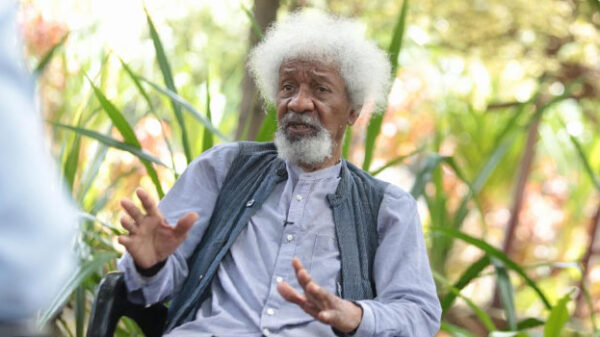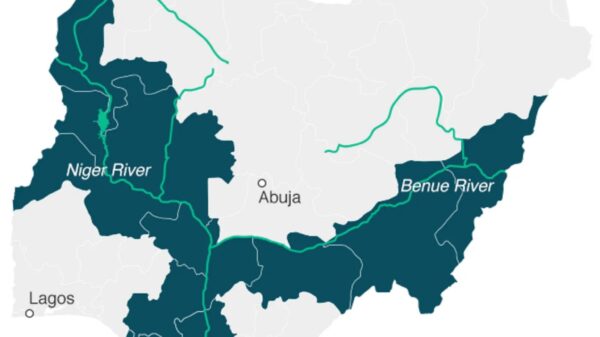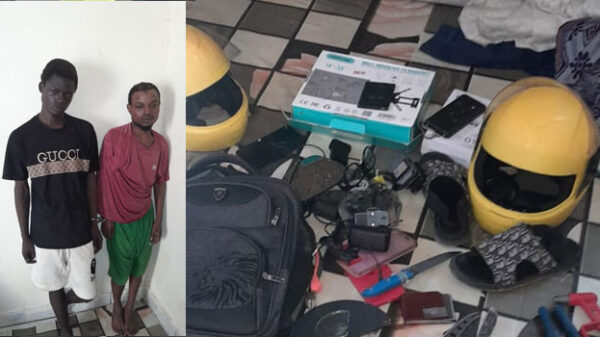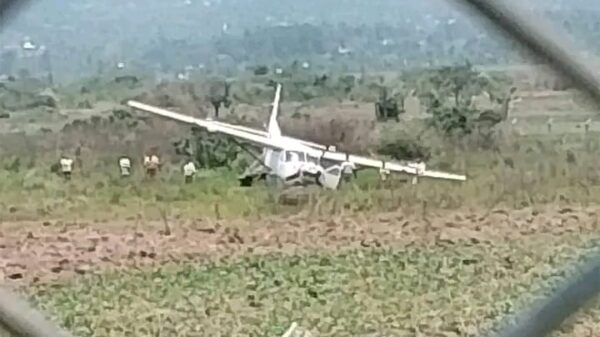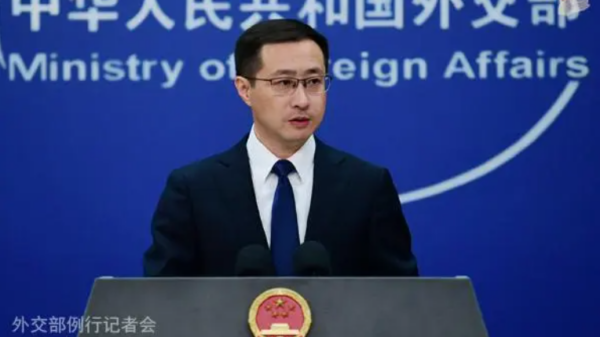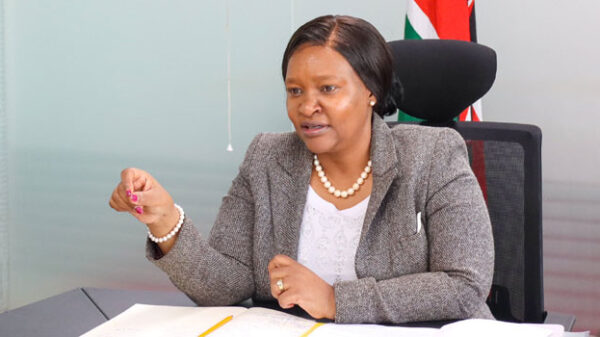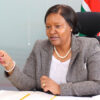
Independent National Electoral Commission (CENI) officials at a school in Lubumbashi count votes during a power cut, watched by observers © AFP / Caroline Thirion
Kinshasa, Democratic Republic of Congo, Dec 30 – A marathon vote count got underway on Monday in DR Congo, central Africa’s unstable giant, for presidential elections scarred by political turmoil and haunted by memories of violence.
A day after a relatively peaceful vote, election officials began the task of counting and collating ballots in a climate of deep suspicion about fraud.
The first verbal shots were fired over alleged interference and the opposition accused the authorities of cutting off the internet to thwart activism.
The Democratic Republic of Congo has never had a peaceful transition of power since independence from Belgium in 1960, and bloodshed marred previous elections in 2006 and 2011.
Worries of a new spiral into violence deepened two years ago after President Joseph Kabila, in power since 2001, refused to quit when his two-term limit expired.

Election officials have begun the task of counting and collating ballots in a climate of deep suspicion about fraud © AFP / Luis TATO
But Sunday’s vote — delayed three times since 2016 — was “relatively calm,” the influential Catholic church’s national conference of bishops declared.
In the worst incident, four people were killed late Sunday when violence erupted at a polling station in the Walungu area of South Kivu province.
An electoral official was accused of trying to rig the vote in favour of Kabila’s preferred successor, said opposition figure Vital Kamerhe.
The official was killed along with a policeman and two civilians, Kamerhe said.
A spokesman for an independent monitoring mission, Symocel, confirmed that “an election agent tried to cheat, to get people to vote for the government candidate, and this set people off. The police intervened, and then the casualties happened.” There were wounded in addition to the fatalities, the spokesman said.

Frontrunners: Tshisekedi, Shadary and Fayulu © AFP / JOHN THYS, Junior D. KANNAH, JOHN WESSELS
Provisional results are due to be announced by January 6, followed by the final results on January 15 and the swearing-in of the next head of state on January 18. The presidential elections took place alongside legislative and municipal polls.
– Claims and accusations –
Voting was swiftly followed by early claims of victory and the first accusations of meddling in the count.
Kabila’s champion Emmanuel Ramazani Shadary and Felix Tshisekedi, head of the veteran opposition UDPS, each claimed they had won as the election ended.
On Monday, the campaign director for the other big opposition candidate, Martin Fayulu — until recently a little-known legislator and former oil executive — maintained he was “way ahead” after, he said, more than a third of the vote had been counted.

Touchscreen voting machines stoked controversy in the elections. The voter selects a candidate and receives a printout of their choice, which is then put in a ballot box and counted. Critics said the machines could be hacked © AFP / John WESSELS
At Mbuji-Mayi in the central region of Kasai, the UDPS accused Governor Alphonse Ngoyi Kasanji of trying to stuff ballot boxes in favour of Shadary.
Ngoyi’s spokesman in turn accused UDPS supporters of trying to make off with voting machines.
All three main candidates have set up “compilation centres” to track the vote.
While turnout failed to reach 50 percent at some polling stations, many voters said they were exhilarated at taking part in the first elections after the nearly 18-year Kabila era.
But there was also much evidence of organisational problems, including with the contested electronic voting machines.

The key presidential candidates in the Democratic Republic of Congo election © AFP/File
The Catholic monitoring mission said that, as of early Monday, its observers had checked overall tallies of the vote in 4,161 polling stations.
In 3,626 stations, the number of paper ballot sheets tallied with totals kept by the voting machines, the observer mission said — a figure that by extrapolation suggests possible discrepancies in 535 bureaux.
– War and poverty –
A country almost the size of continental western Europe which straddles central Africa, the DRC is rich in gold, uranium, copper, cobalt and other minerals.

Chronology of events in the Democratic Republic of Congo since independence in 1960 © AFP / Gillian HANDYSIDE
Little of that wealth trickles down to the poor. Poverty, corruption and government inertia are etched into the country’s history, along with a reputation for violence.
In the last 22 years, it has twice been a battleground for wars drawing in armies from central and southern Africa.
That legacy endures in eastern DRC, where militias control swathes of territory and battle over resources, wantonly killing civilians.
Insecurity and an ongoing Ebola epidemic in part of North Kivu province, and communal violence in Yumbi, in the southwest, prompted the authorities to postpone the elections there until March.
Around 1.25 million people in a national electoral roll of around 40 million voters are affected.
Despite this, elections in the rest of the country went ahead.
The city of Beni held a symbolic vote in protest at the exclusion, drawing more than 60,000 people out of a local electoral roll of 182,000, the organisers of the event said on Monday.
About The Author



